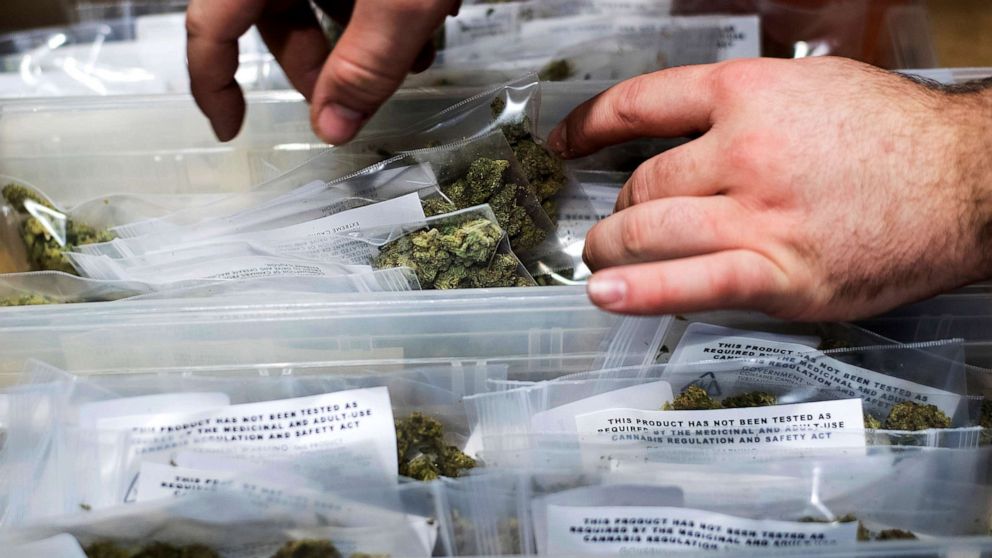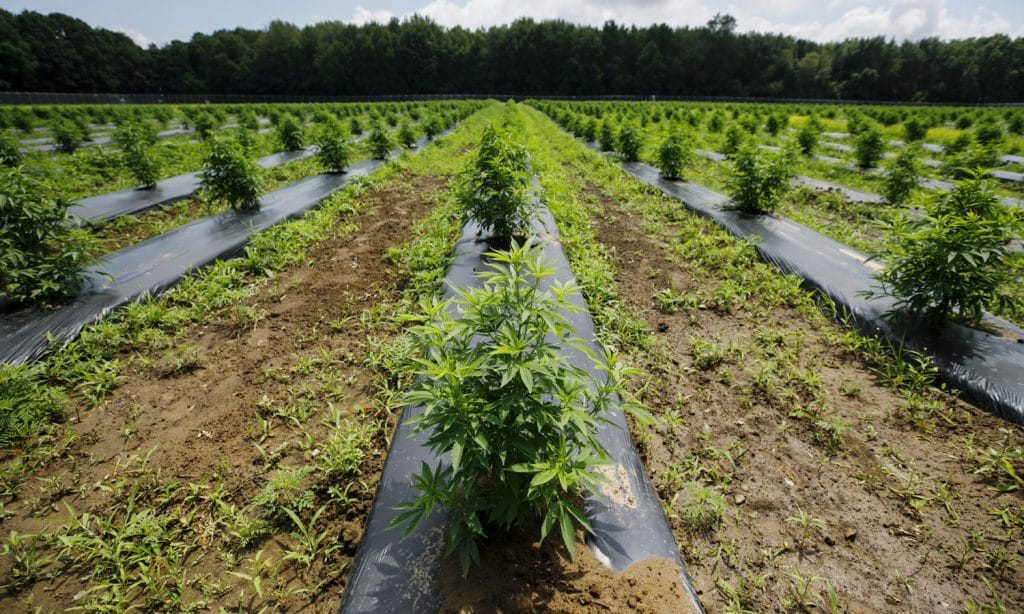Will Biden and Harris Be a Benefit to These Pot Stocks?
The upcoming U.S. election will have a lot of effects on marijuana stocks and the cannabis industry. While U.S. pot stocks like Scotts Miracle-Gro Inc. (SMG Stock Report) and Innovative Industrial Properties Inc. (IIPR Stock Report), will see a change, Canadian pot stocks will also potentially benefit. Under President Trump, we have yet to see any major shifts in how the cannabis industry runs. But, if Biden and Harris are elected, we could see the cannabis industry reach new heights in the near future. This is because the pair seem to support legislation that backs the cannabis industry.
On day one, Kamala Harris has stated that they will decriminalize cannabis. After she announced this, the cannabis industry shot up by around 10% in value during the next trading day. While this could be just an empty campaign promise, it does seem likely that the two would do so given their past. In addition, while we do know U.S. marijuana stocks would benefit, Canadian cannabis stocks could see a boost as well. This boost may not be felt immediately, but rather in the long term of the cannabis industry. With this in mind, let’s take a look at two marijuana stocks to watch that could benefit from the upcoming election.
A Major Canadian Pot Stock to Watch: Aurora Cannabis Inc.
Aurora Cannabis Inc. (ACB Stock Report) is one of the largest marijuana stocks in the industry. After the U.S. government passed the Farm Bill two years ago, Canadian cannabis companies were effectively able to move into the U.S. market. In May of this year, ACB stock shot up in value after announcing that it had completed its $40 million acquisition of Reliva. For those who don’t know, Reliva is a CBD product retailer based out of the U.S. Although this in itself is not a reason to invest in ACB stock, it does present an interesting opportunity for ACB in the long term.







